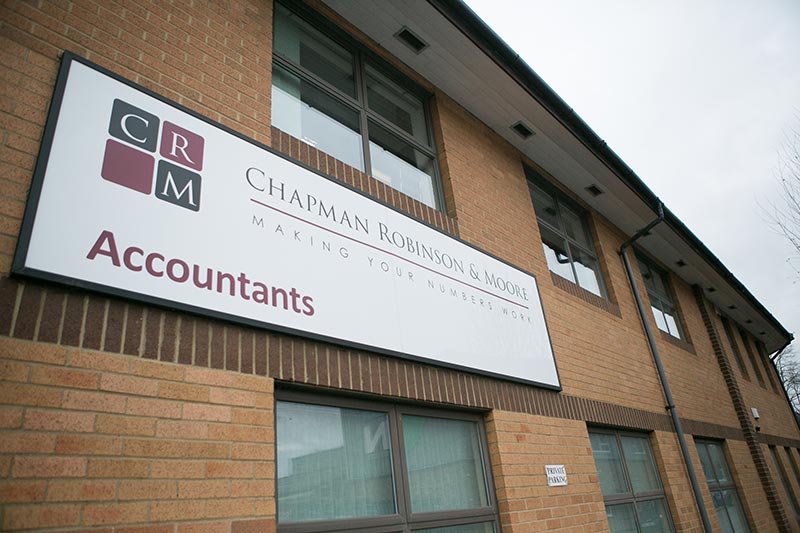When you start a business, you make all kinds of investments to get off the ground. First and foremost you invest your own time and effort, sometimes referred to as ‘sweat equity’. You might also invest savings, or borrow money from family and friends. Then there is your ‘business idea’, if you will the intellectual property, which may or may not have the potential for patent protection.
As the business starts to grow and develop business owners can get caught in the trap of working ‘in the business’ rather than ‘on the business’ and this can limit the growth potential.
You may recognise the signs? For instance, you can’t just find time for important new business development as you are so busy servicing what you have, or you struggle to get that much needed marketing campaign launched.
Having the ability to get a business off the ground is a great achievement, but recognising when you are becoming overloaded and a bottle neck is essential for business expansion and capitalising on the growth potential of your business.
The ability to build a solid business plan designed to capitalise on the market opportunity and robust financial projections are key to understanding how much investment the business needs to achieve its goals.
So, what are some of the key signs that your business needs investment to get to the next level?
- Sales targets are being missed.
The business owner in many instances is responsible for the sales performance of the business. Building a growing and sustainable business pipeline is a fulltime job and if you have too many other jobs to do, sales can get left behind. The result is fluctuating sales revenue, making it more difficult to predict future growth and capacity.
If you are missing your revenue targets could be a sign that you need to invest in sales people and processes.
- Marketing isn’t impacting Sales.
Buyer behaviour has fundamentally changed. The buyer is online searching for solutions. It’s never been more important to have a strong digital presence and the right information for the buyer for all stages of the buying cycle. Successful businesses no longer view their website as a ‘shop window’ but a key lead generation tool.
Make the right investment in marketing to impact your sales pipeline.
- You are the bottle neck.
How many times have business owners said ‘ if I could just clone myself’! Recognise where you can add most value to the business and start building an expert team around you. Why not write your own job description and objectives and be realistic about what you can achieve in a day. Working 70 – 80 hours a week is not sustainable.
- Your processes are slowing you down.
It’s not uncommon for early stage businesses to use manual processes in the start-up phase. However, as you start to grow your processes may not be scalable and an investment in technology may be needed to streamline and automate key processes, freeing up time to grow the business.
- Lack of space.
If you are operating in cramped conditions, this could be impacting the performance and morale of the team. Investing in space can create capacity to bring in new staff or equipment, and potentially improve the performance of the existing workforce.
- You don’t have enough staff.
Having to turn work down, or agree extended delivery dates is a sure sign that you need to invest in the team. Investing in new staff and training is a significant investment, however if your pipeline of work is growing the return of investment can be relatively fast.
- Innovation
Are you falling behind the competition? Investing in new product and service development is key to staying ahead and growing your business.
- Outdated equipment
If equipment is breaking down, or you know that more update machinery would increase capacity to meet demand, then investing in new technology could provide a fast return on investment. Asset finance provides a way of acquiring the latest equipment and spreading the costs over time.
The use of debt finance to fund growth
Many small business owners don’t want to reduce their stake in the business by bringing in external investors. Debt finance such as a business term loan or asset finance is a great way to raise money to invest in a business and spread the costs over time.
Whatever area you need to invest in, sales, marketing, equipment, premises or people your financial projections should clearly model out how this will positively impact revenue and profit and that the cost of funding is affordable to the business.
Spotting the signs your business needs investment and financing growth can help you alleviate short term pressures and give you the breathing space you need to focus on the areas of the business that will drive revenue and profit.
Chapman Robinson & Moore’s Business Finance Finder provides member with access to affordable business finance. We provide access to hundreds of potential lenders with one simple application saving you a huge amount of time and effort in finding the right deal. To find out more check out our website
This article was a guest blog from our partners, Finpoint

